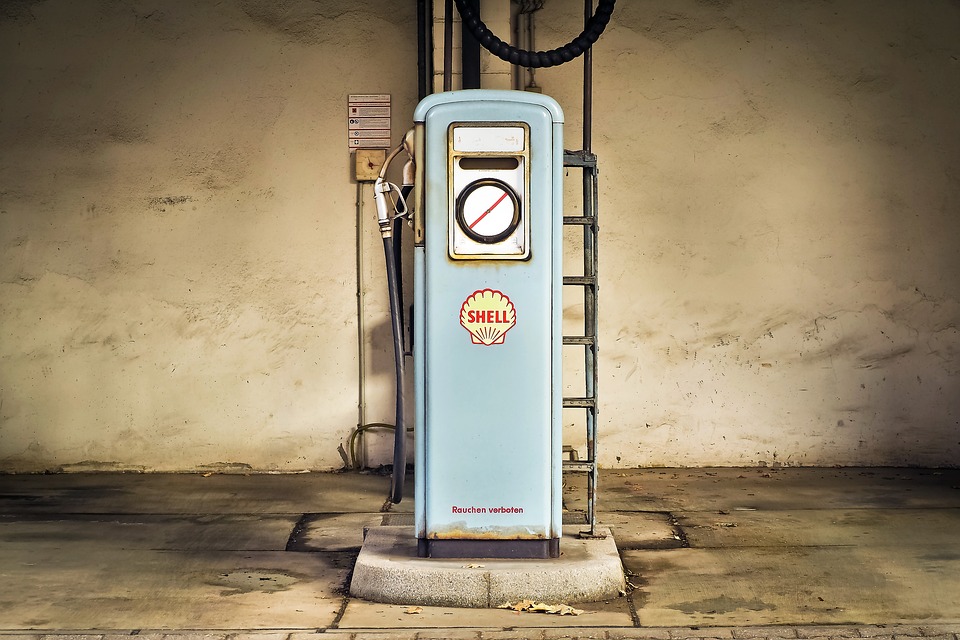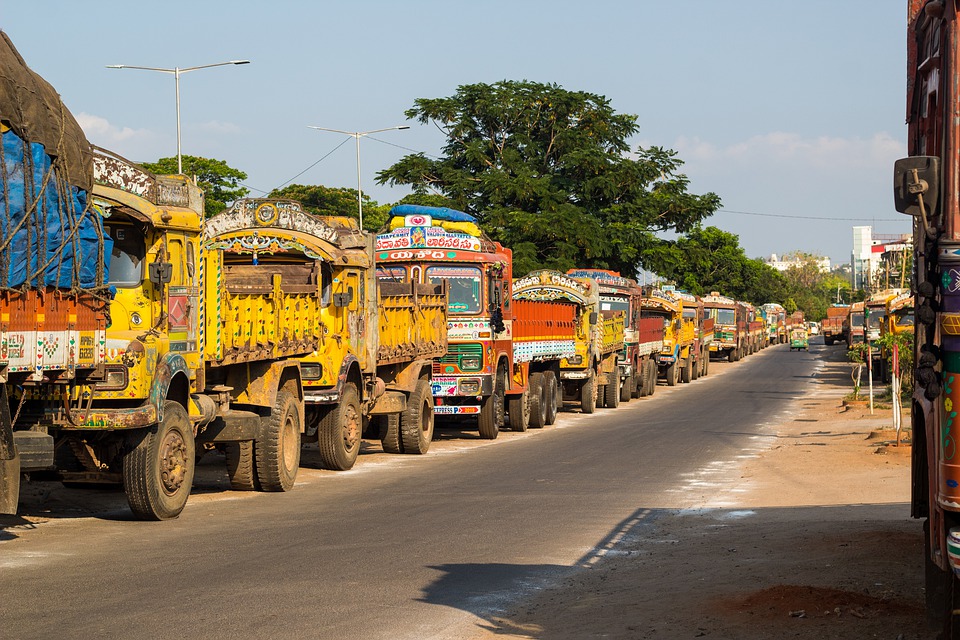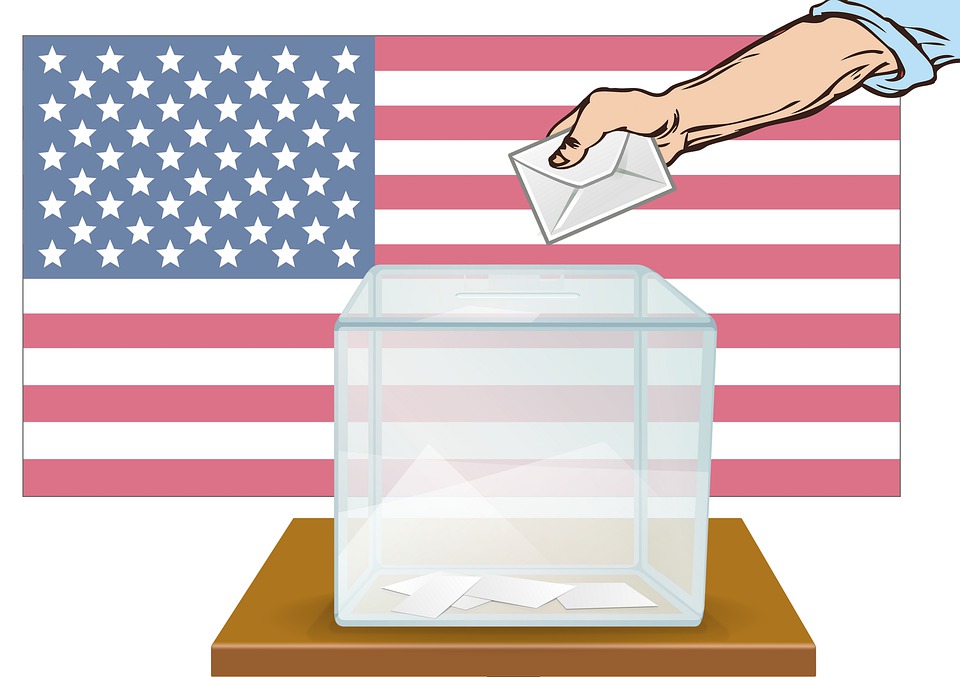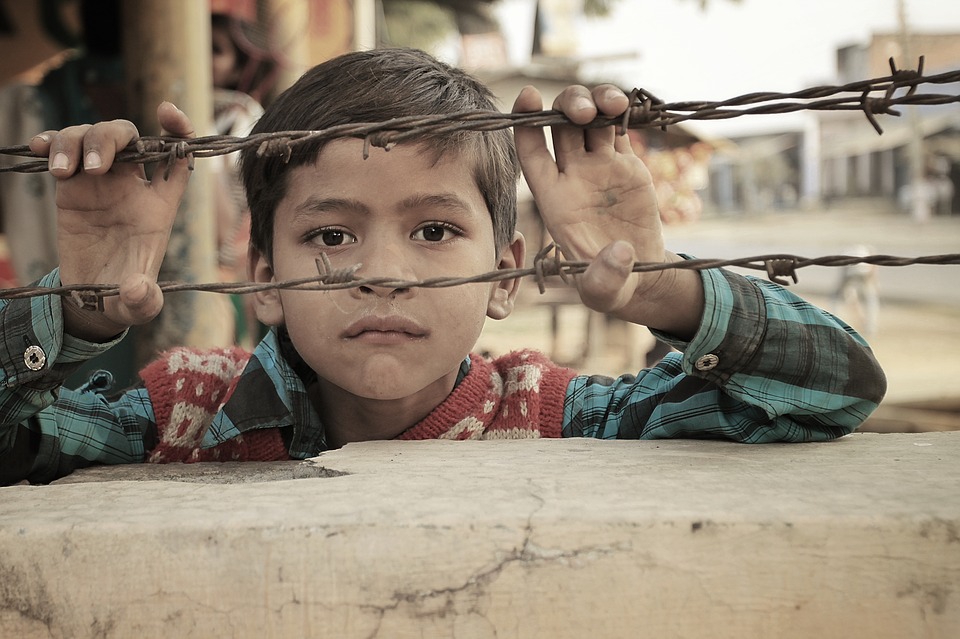Improve Your IQ, Subscribe to Suvipra’s Newsletter
For India, the present situation is unparalleled. We cannot recall a time when every Indian citizen was mandated to stay indoors for such a long period. Indeed, there have been situations when Section 144 of the Indian Penal Code has been invoked to control riots and disturbances in any particular region. Curfews have also been imposed in the past that mandated people must not leave their homes, no matter what. But advising all 1.3 billion people to not go outdoors unless there is an emergency or the person herself is a provider of emergency services is unprecedented.
At such times, we shall understand how the central government in collaboration with state governments and district authorities is ensuring strict observance by people of directives issued. In this light, we must know which laws have been invoked by the government to tackle coronavirus spread in India.
Disaster Management Act
This Act was passed in 2005 and was envisaged as the perfect tool to tide over any natural calamity. Come 2020, and the law saw the light of the day for the first time. The key element here is ‘effective management of disasters and for matters connected therewith’. India has a kind of federal system of governance where state governments enjoy much liberty in governing their respective states. In fact, the Constitution of India empowers states to have exclusive jurisdiction with respect to matters stated under the ‘states list’. However, extraordinary situations like the present one pertaining to the spread of a pandemic call for extraordinary measures and this is where Disaster Management Act comes into play.
Under the Act, the National Disaster Management Authority (NDMA) can issue directions to all state governments and other authorities. Such governments and authorities are bound to follow these orders. In exercise of this power, Prime Minister Narendra Modi, who is the head of NDMA, issued an order on 24 March, 2020 that a countrywide lockdown shall remain in force until 14 April, 2020. Further, the Ministry of Home Affairs of central government has issued orders directing all authorities at all levels to ensure social distancing. The ministry has also issued orders with respect to essential services that shall go uninterrupted during 21-day lockdown. These services include transportation of essential goods.
Epidemic Diseases Act and Essential Commodities Act
In order to prevent spread of an epidemic, the Epidemic Diseases Act empowers central and state governments to issue directives. Remember the Delhi government order on 16 March, 2020 whereby gathering of more than 50 people was restricted? This was in exercise of powers under the Epidemic Diseases Act.
When the country faces a situation where essential commodities may become scarce due to high demand and limited supply, government can invoke various sections of Essential Commodities Act. On 7 April, 2020, the Ministry of Home Affairs advised all state governments to resort to such measures as fixing of stock limits, price capping, increasing production and inspection of books of various dealers. All these measures can be undertaken by state governments under the provisions of Essential Commodities Act. Do you know that anyone who violates the provisions of the Act, for instance if your nearby grocer is selling goods at higher than mandated prices, can be punished with imprisonment of 7 years or fine, or both?
It is notable that all the three above stated laws are not regular laws. They are invoked only during extraordinary situations. For example, while the central government headed by the Prime Minister of India cannot interfere in matters that are managed by chief ministers of various states in normal times; s/he can do so when the country faces a disaster. This is why the PM’s televised speech where he declared a nation-wide lockdown of 21 days was an exception. In fact, applying breaks on railways and air transport is a part of this.
As common citizens, it is important for us to know that these special laws not only give special powers to the government but also provide for penal actions against those who do not adhere to government directives. When the government mandates that any unnecessary movement of people is restricted and no one can undertake any business activity expect manufacturing and trading of essential items, violating these can result in imprisonment as well as fine.
So, it is best that we know a little about these laws and also spread this vital information to people around us. This can also check any fake news disseminated through social media.
Also read: A Simple Guide to US Elections
Suvipra aggregates essential blogs in one place for enhancing general awareness and intellect of the readers. Read to Succeed.
Reach a wider audience for free!
To get your blog published on Suvipra.com, click Submit Your Blog
Increase the number of clicks to your own website for free!
To submit the link to the blog on your website, click Submit your Blog Link


























